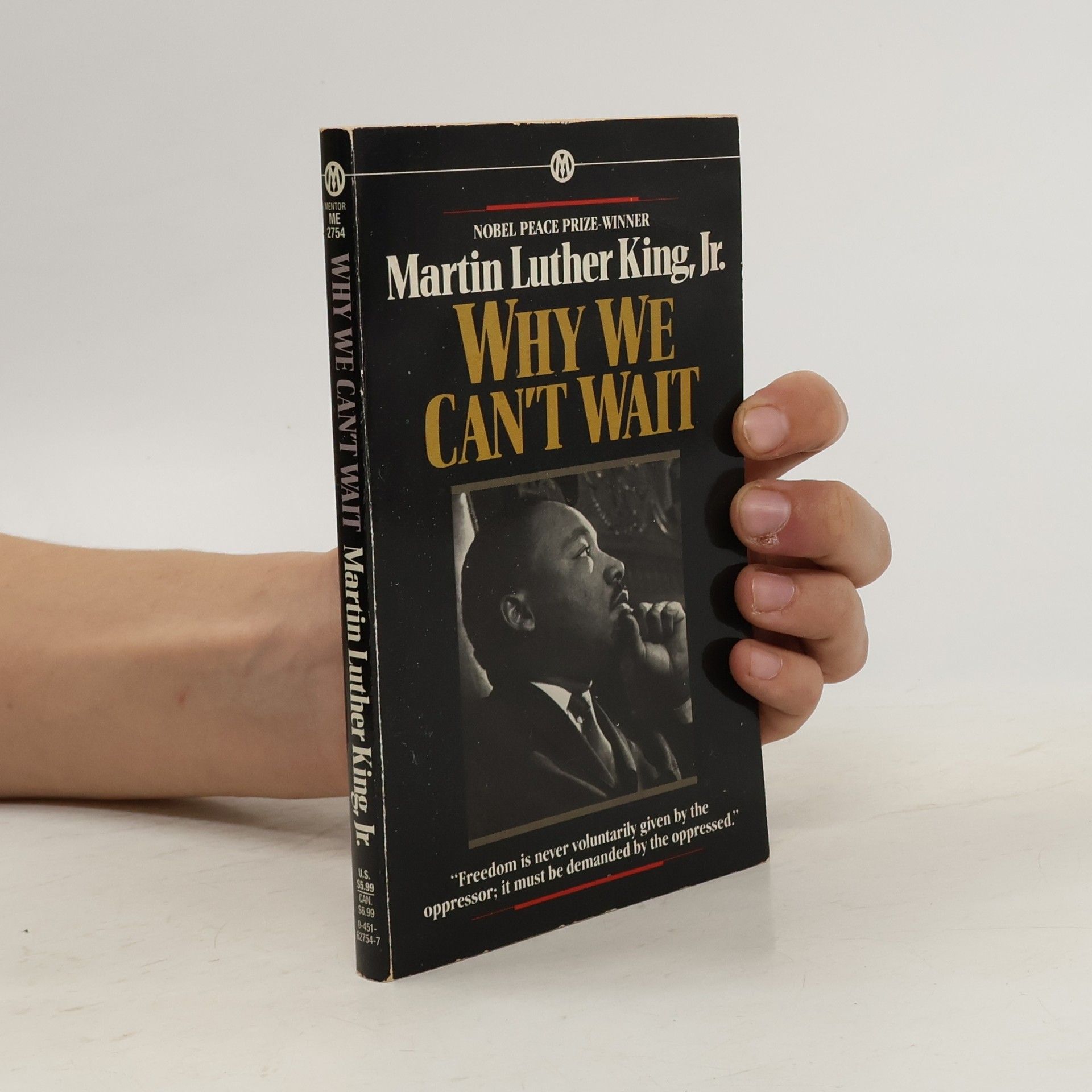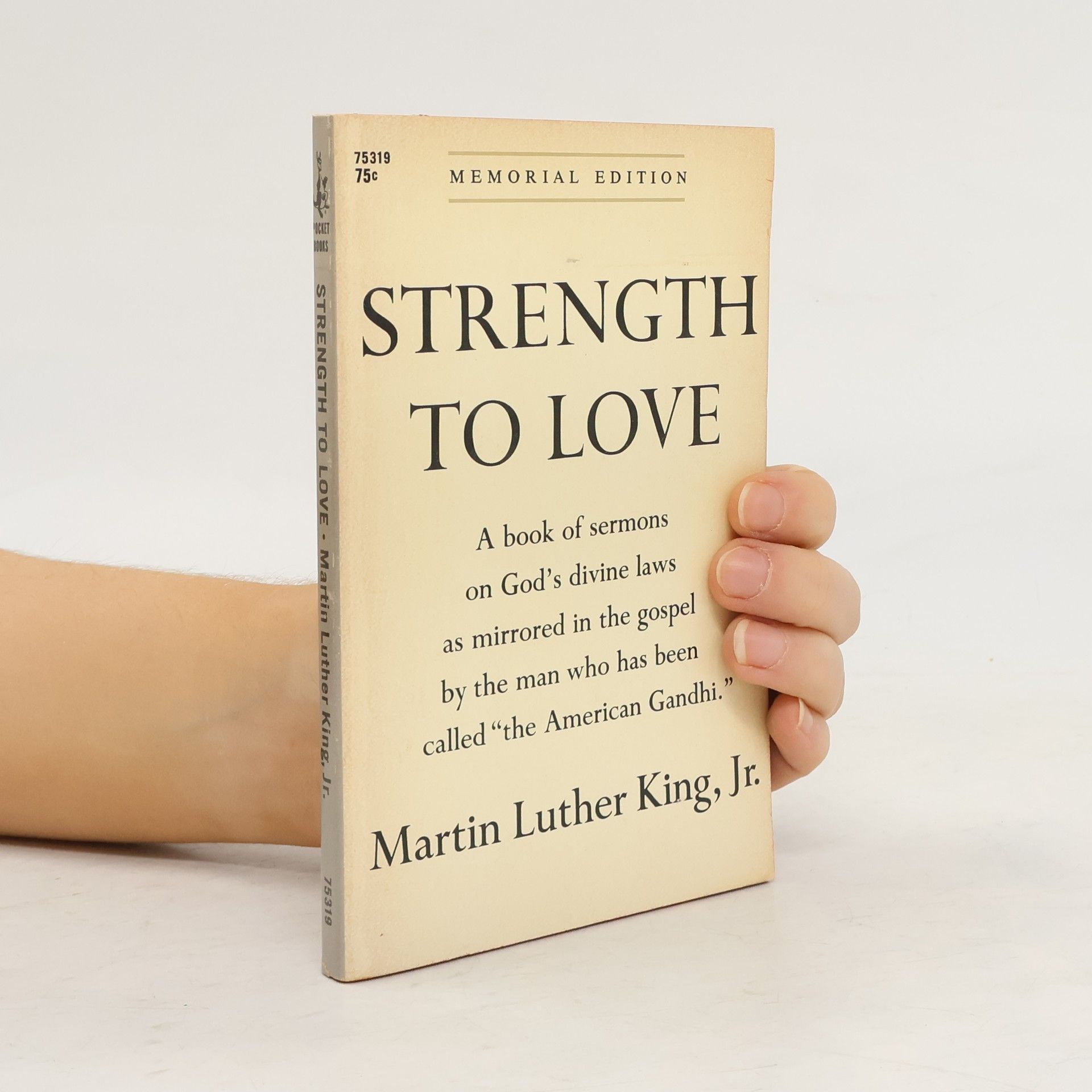Martin Luther King Libri
Martin Luther King Jr. emerse come leader fondamentale nel movimento per i diritti civili americano, sfruttando il suo ruolo di ministro battista per unire e ispirare. Impiegò magistralmente l'arte oratoria, in particolare nel suo discorso "I Have a Dream", per aumentare la consapevolezza pubblica e sostenere l'uguaglianza. King promosse la disobbedienza civile e mezzi non violenti per smantellare la segregazione e la discriminazione razziale. Le sue potenti parole e il suo incrollabile impegno per la giustizia continuano a risuonare, ispirando movimenti per il cambiamento sociale a livello globale.

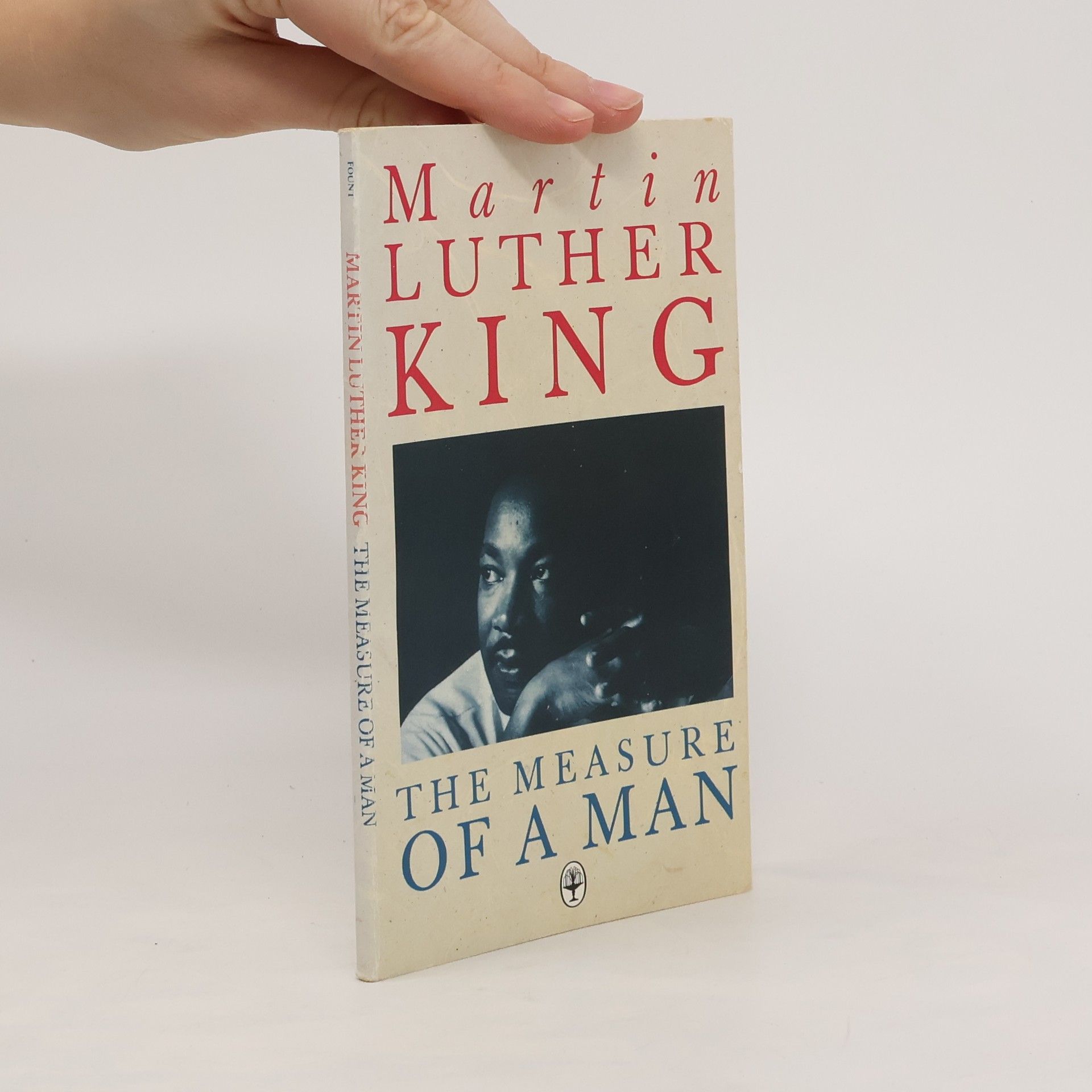


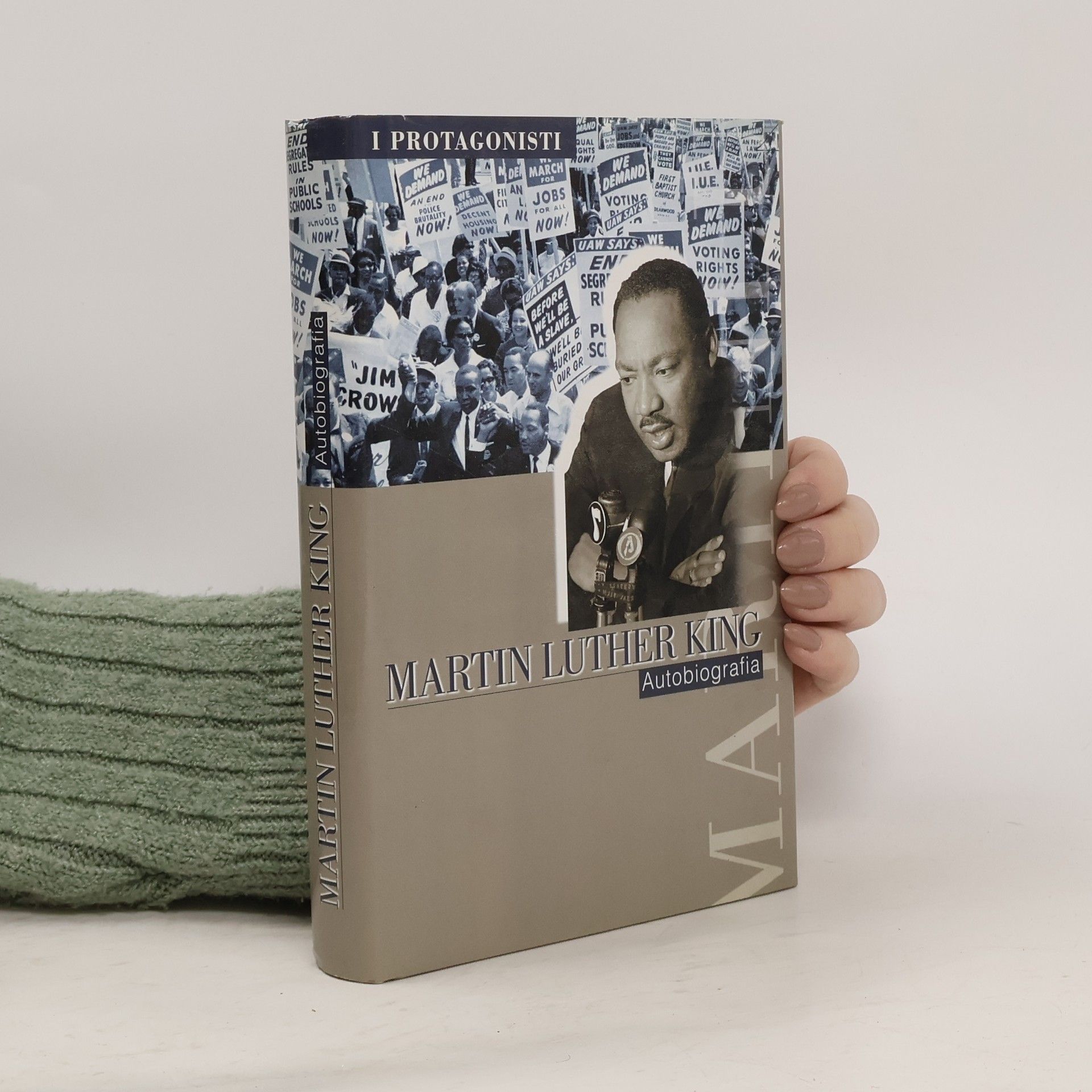
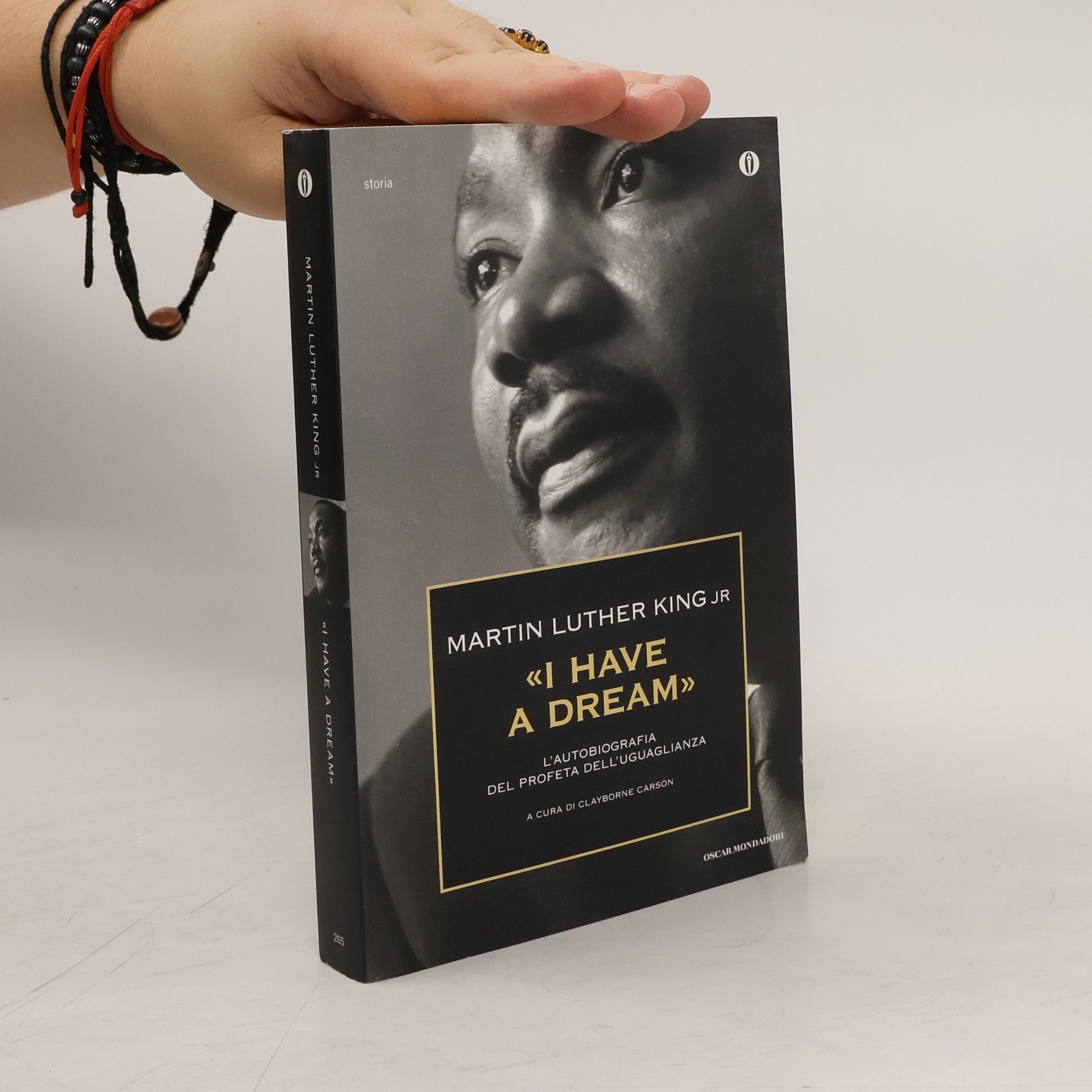
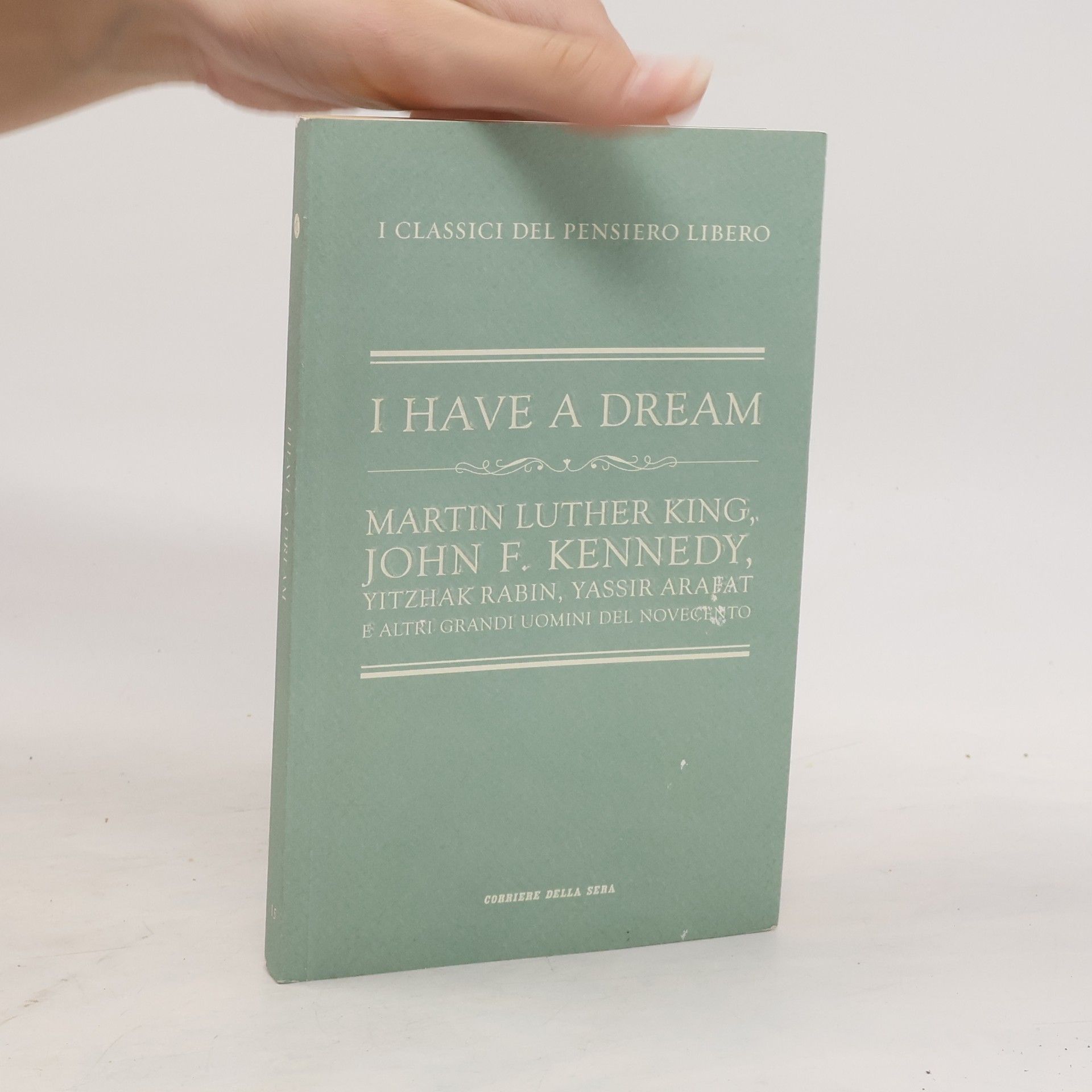
I Have a Dream. L'autobiografia del profeta dell'uguaglianza
- 413pagine
- 15 ore di lettura
Celebrated Stanford historian Clayborne Carson, director and editor of the Martin Luther King Papers Project, has organized King's extensive writings into a posthumous autobiography. King's early essay highlights the importance of an informed democracy, stating that a nation cannot thrive with one group living in ignorance. This sentiment is woven throughout his career, forming a coherent narrative of his quest for social justice. The autobiography explores King's philosophical training at Morehouse College, Crozer Theological Seminary, and Boston University, where he integrated the teachings of Afro-American theologian Benjamin Mays with the philosophies of Locke, Rousseau, Gandhi, and Thoreau. Readers experience King's trials and triumphs, including the Montgomery Boycott, the iconic "I Have a Dream" speech, the Selma March, and his receipt of the 1964 Nobel Peace Prize. In one of his final speeches, King emphasized that God judges us by the overall trajectory of our lives, not individual mistakes. Carson's editing presents a compelling argument for King's legacy, drawing directly from his writings to illuminate his life circumstances without deifying him.
Martin Luther King
Autobiografia
2013 Reprint of 1959 Edition. Exact facsimile of the original edition, not reproduced with Optical Recognition Software. In August 1958 Dr. Martin Luther King, Jr., preached two sermons, "What is Man?" and "The Dimensions of a Complete Life," at the first National Conference on Christian Education of the United Church of Christ at Purdue University. In response to demands made by conference attendees, King allowed publication of the addresses. With King's consent, the sermons were published by the Christian Education Press in a short book entitled, "The Measure of a Man." The press and King arranged for proceeds to be shared evenly, after the former had recovered its costs of publication. King first developed the theme of "What Is Man?" during his seminary days. King believed the sermon's title to be "one of the most important questions confronting any generation," proposing that man is many things: "a biological being," "a being of spirit" who is "made in the image of God" and "sinners in need of God's divine grace."
Letter from Birmingham Jail
- 64pagine
- 3 ore di lettura
Oppressed people cannot remain oppressed forever.
Explains the Afro-American's dissatisfaction with the slow progress in attaining equal rights that are long overdue
A Testament of Hope
- 736pagine
- 26 ore di lettura
"We've got some difficult days ahead," civil rights activist Martin Luther King, Jr., told a crowd gathered at Memphis's Clayborn Temple on April 3, 1968. "But it really doesn't matter to me now because I've been to the mountaintop. . . . And I've seen the promised land. I may not get there with you. But I want you to know tonight that we as a people will get to the promised land." These prohetic words, uttered the day before his assassination, challenged those he left behind to see that his "promised land" of racial equality became a reality; a reality to which King devoted the last twelve years of his life. These words and other are commemorated here in the only major one-volume collection of this seminal twentieth-century American prophet's writings, speeches, interviews, and autobiographical reflections. A Testament of Hope contains Martin Luther King, Jr.'s essential thoughts on nonviolence, social policy, integration, black nationalism, the ethics of love and hope, and more.
Dr. King's sermons blend Christian teachings with his revolutionary concepts of love and nonviolence, advocating these principles as powerful tools against hate and oppression. This collection highlights his profound insights and moral philosophy, emphasizing the importance of compassion and peaceful resistance in the struggle for justice and equality. Through his eloquent words, readers are invited to reflect on the transformative power of love in the face of adversity.

